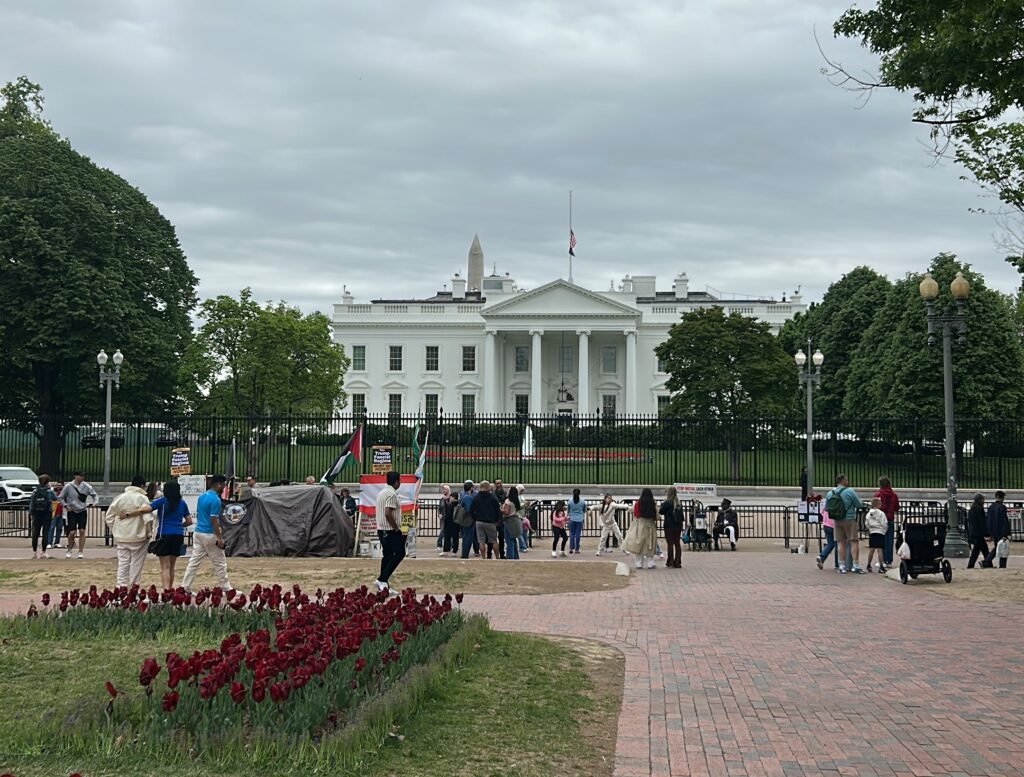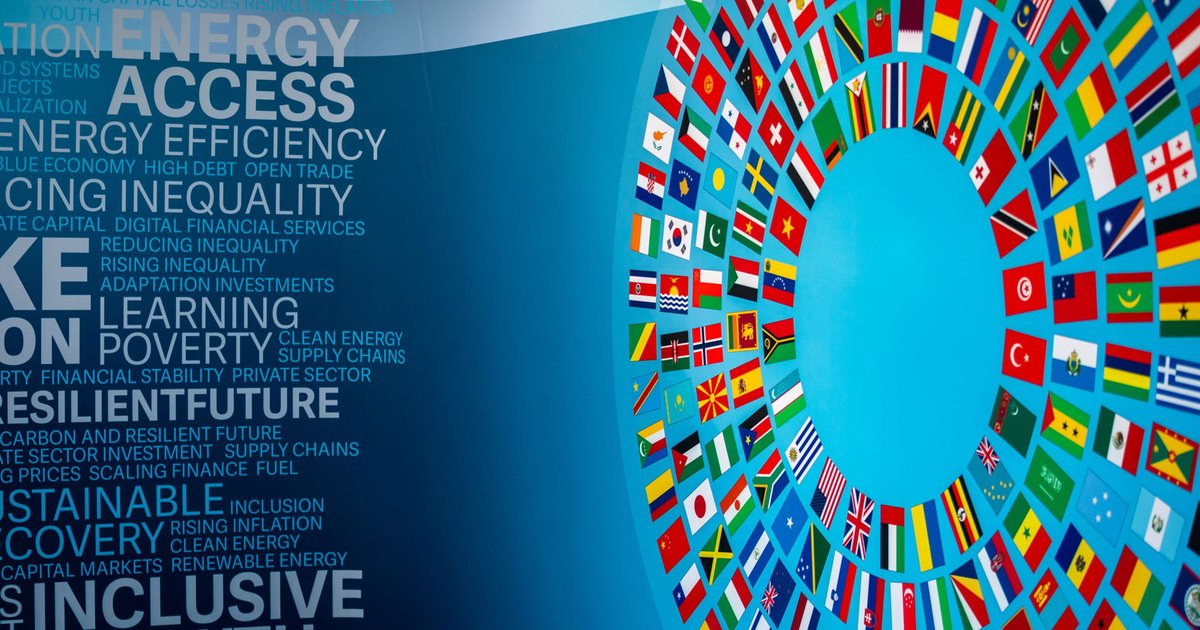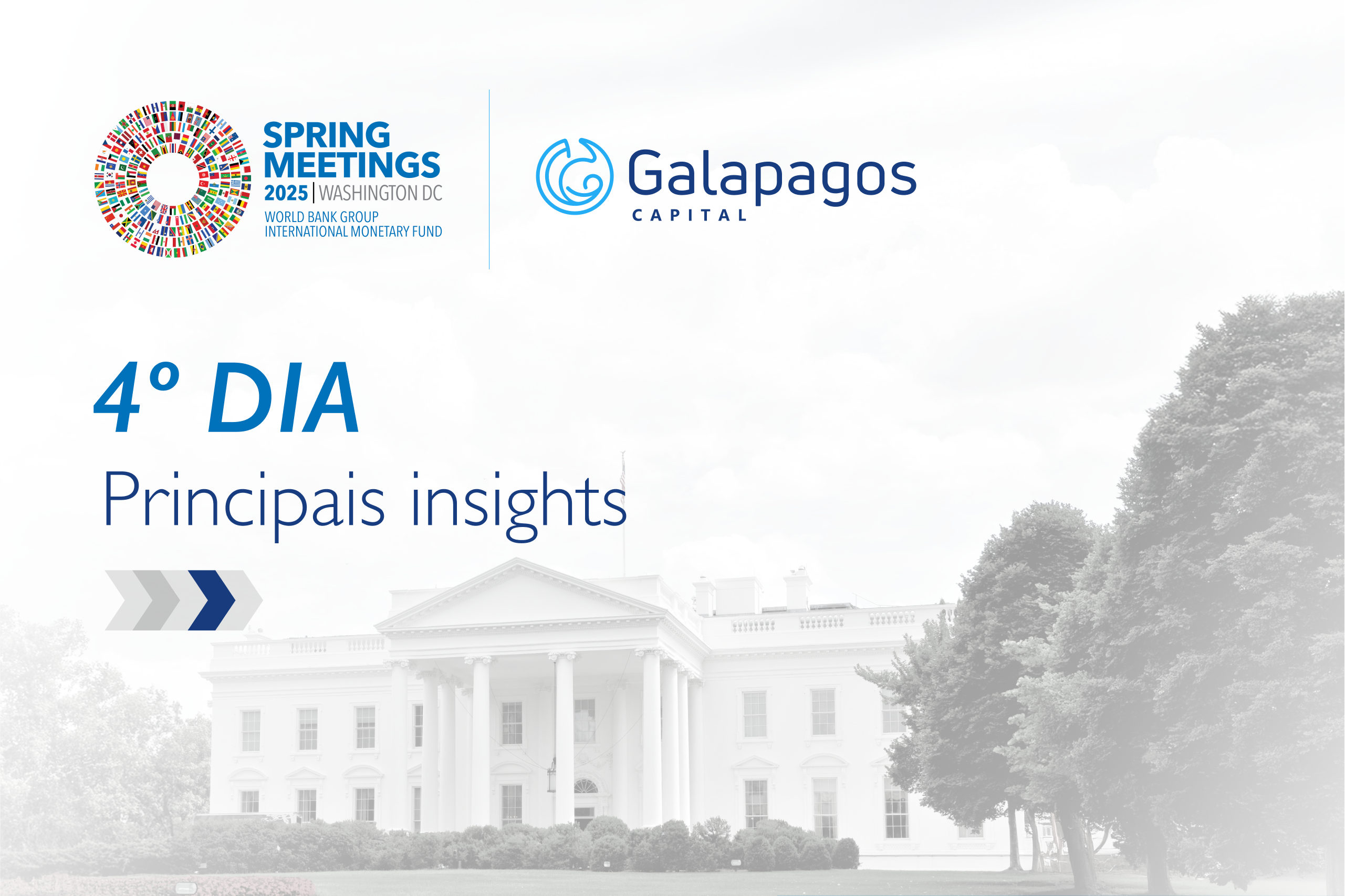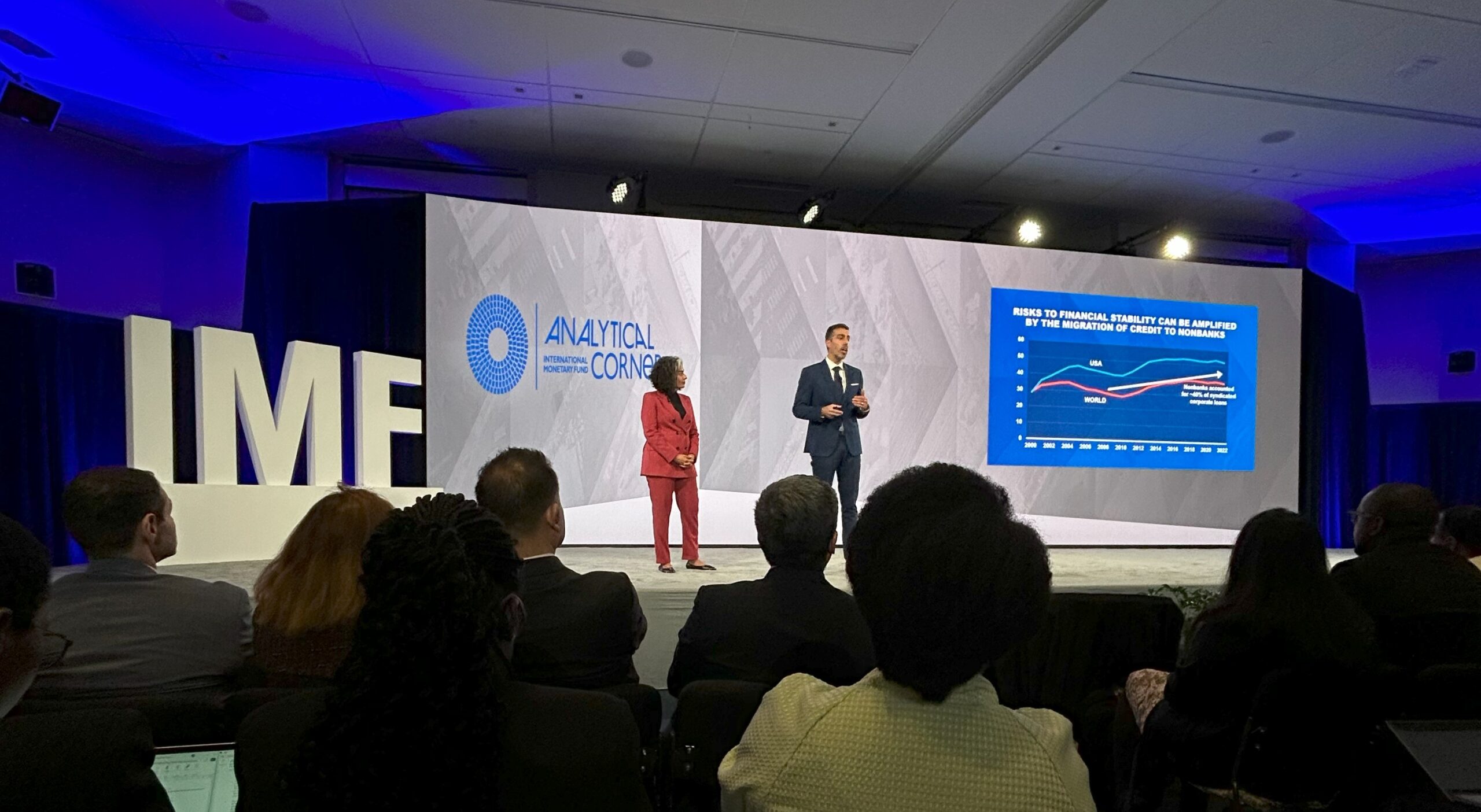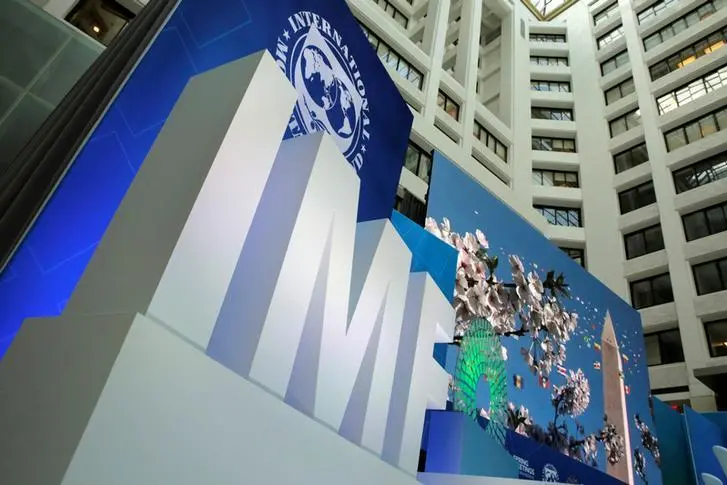The Global Economic Deceleration in 2025
The scenario outlined by the International Monetary Fund (IMF) reveals a more pronounced global economic deceleration for 2025. According to the revised projection, global growth is expected to reach just 2.8%, down from the previously estimated 3.3%.
In the United States, the outlook has also deteriorated: the growth forecast was revised down from 2.8% to 1.8%, directly reflecting the effects of the recently imposed tariff measures.
According to IMF Chief Economist Pierre-Olivier Gourinchas, “we are entering a new era in which the global economic system built over the past 80 years is being redefined.”
How Tariff Escalation Is Affecting International Trade
The abrupt increase in U.S. trade tariffs has emerged as a key driver of the slowdown. Among the most notable effects:
- A sharp decline in bilateral trade between the United States and China, significantly altering global trade patterns.
- Retaliatory trade measures from countries such as China and Canada, with the European Union signaling potential reciprocal actions.
Fears of escalating protectionism are elevating global risk perception and contributing to higher risk aversion across markets.
Another point of concern is the growing skepticism around the U.S. dollar’s role as a global safe-haven currency.
Regional Impacts: What Changes in Major Economies
The IMF emphasized that various regions are facing distinct challenges in the face of the new macroeconomic environment:
- United Kingdom: Growth downgraded, with inflation remaining elevated.
- Latin America: Business investment remains weak, constraining growth.
- Africa: Structural demographic shifts are putting pressure on economic models.
- China: Growth forecast revised downward to 4%, amid ongoing trade tensions.
- Oil-exporting countries: Revenues are under pressure due to declining commodity prices.
The Central Bank Dilemma
In this environment, central banks around the world face a highly complex landscape. The challenge lies in balancing inflationary pressures with recession risks, while maintaining monetary policy credibility.
Conclusion: Tariffs as Catalysts for Deceleration
While the global slowdown is driven by a combination of factors, the IMF underscores that trade tariffs are exerting a disproportionate impact. Economies that are more exposed to trade and financial volatility are likely to bear the brunt of this deceleration.
The world is not only contending with weaker growth—but also with a reconfiguration of the foundational pillars of international trade and global economic stability.
Want to receive the next insights directly in your inbox?
Click here (Spring Meetings) and sign up on our landing page to receive all real-time updates.
Produced by Tatiana Pinheiro, Chief Economist at Galapagos Capital.
